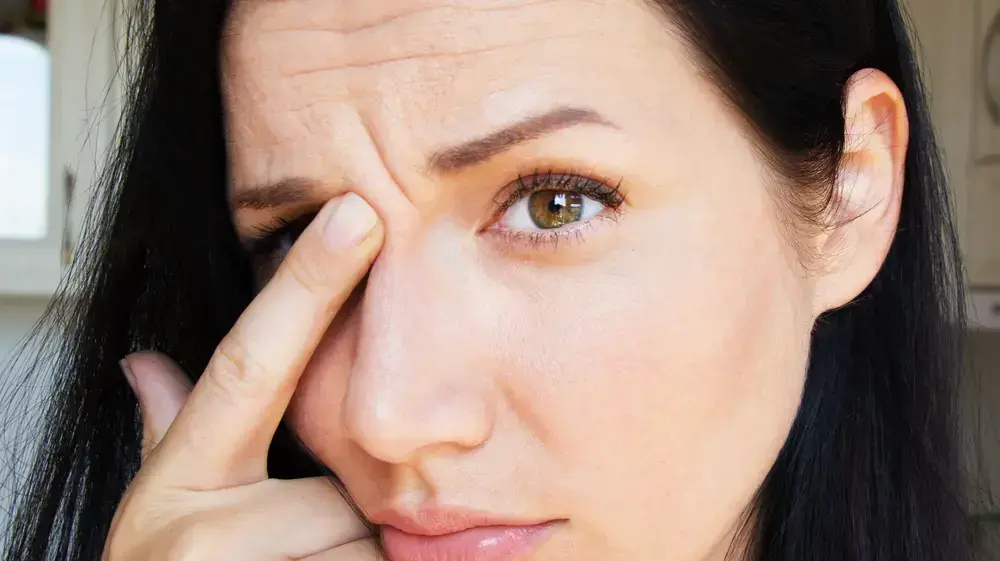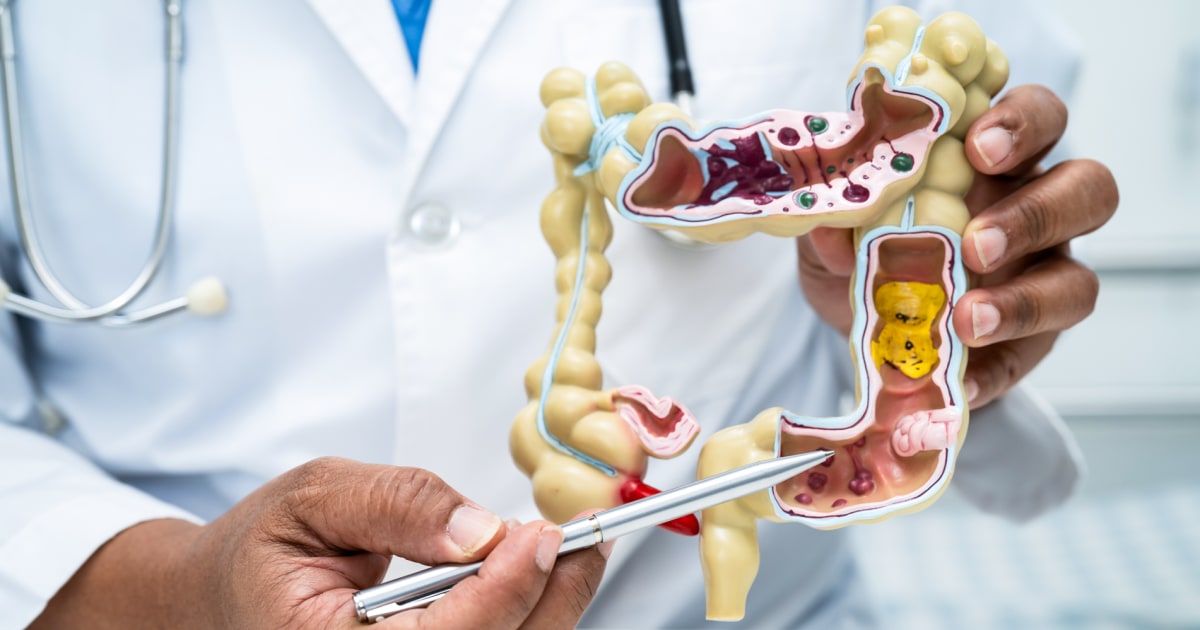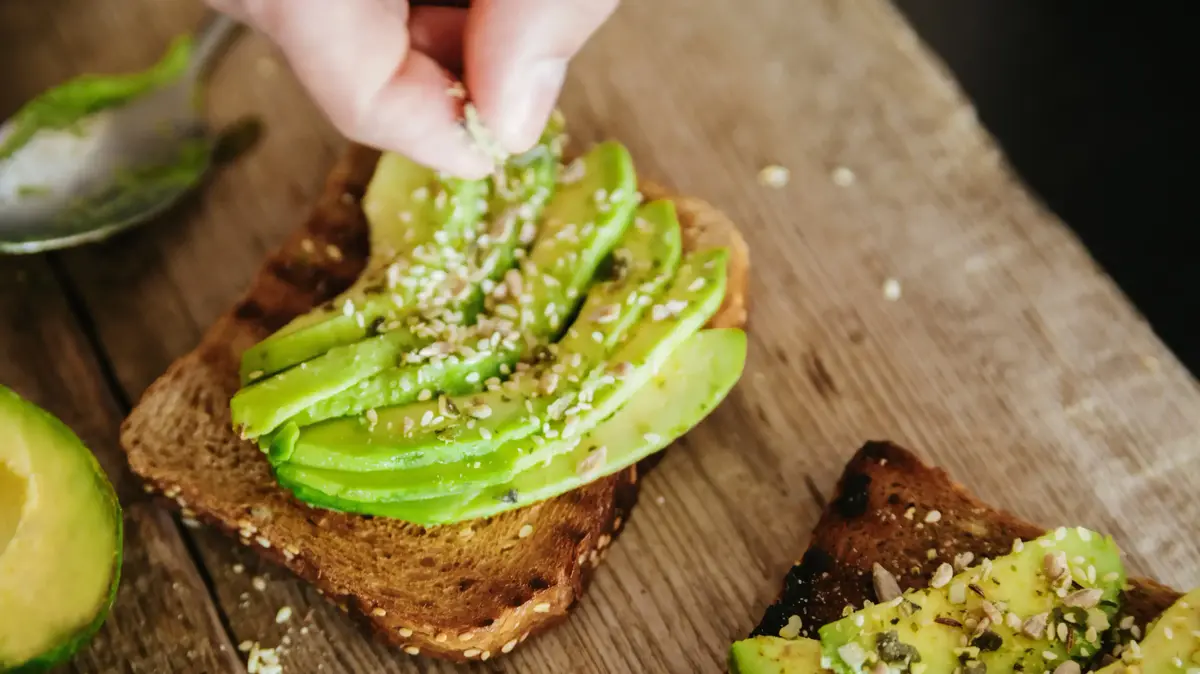Israeli researchers have found a surprising substitute for antibiotics
Antibiotic-resistant bacteria have been keeping sleep out of the eyes of healthcare experts for years.
Now researchers from Ben-Gurion University have found material from a plant source that can solve this problem.
Here are all the details
Walla!
health
06/07/2022
Wednesday, 06 July 2022, 11:00 Updated: 11:10
Share on Facebook
Share on WhatsApp
Share on Twitter
Share on Email
Share on general
Comments
Comments
A replacement must be found before it is too late.
Antibiotics (Photo: ShutterStock)
Antibiotic-resistant bacteria are on the rise around the world, due to overuse of the drug - and this fact has become one of the major health hazards we face.
According to some estimates, by 2050 antibiotic-resistant bacteria are expected to kill more humans worldwide than cancer.
This is why researchers all over the world are trying to find ways to reduce the use of antibiotics, and drugs that can replace it.
Now, a unique study conducted at Ben Gurion University of the Negev has found a substance from a plant source called DIM that can be an effective substitute for antibiotics.
The study, led by Dr. Karina Golberg and Prof. Ariel Kushmero of the Department of Biotechnology Engineering, found that using a DIM could be a significant solution and replace the need for antibiotics and even eliminate the resistance to certain antibiotics. The study was recently published in the journal Pharmaceutics.
More on Walla!
5 beautiful routes in the Sharon area where you can stop and make the perfect coffee
In collaboration with the coffee maker - Landover Coffee
DIM is a natural substance of plant origin found in, among other things, low-concentration broccoli.
Today this substance is recognized in the medical world and is used as part of the treatment against cancer.
The new study found that the substance DIM in low concentrations affects bacteria and actually disrupts the communication ability between them and their ability to attack the human body violently.
The bacteria talk to their sons.
DIM bothers them
Bacteria in high concentration have the ability to communicate with each other through a communication called 'quorum communication'.
The bacteria talk to each other by using chemical signals and when they reach a certain concentration or count - they are synchronized with each other to produce proteins and toxins that will harm their storage.
The study found that the substance DIM disrupts this communication, thus preventing the formation of disease and inflammation in the human body where the bacteria are located.
The goal: to disrupt communication.
Bacteria (Photo: ShutterStock)
The study also showed that the substance has anti-inflammatory activity and in an experiment on infected wounds in an animal model, it was found that the substance helps the wounds to heal and is more effective than antibiotics.
In addition, when the activity was tested in combination with the antibiotic Tobramycin it was found that the DIM improves its ability to work and eliminates the bacterial resistance to it.
"The study also found that the substance DIM also acts on gram-negative bacteria such as pseudomonas, which causes infection of wounds, implants and pneumonia in cystic fibrosis patients. "Today, after many years of research, we are confident that in the future DIM and other disruptive substances will completely replace antibiotics."
health
news
Tags
antibiotics
Bacteria are resistant








